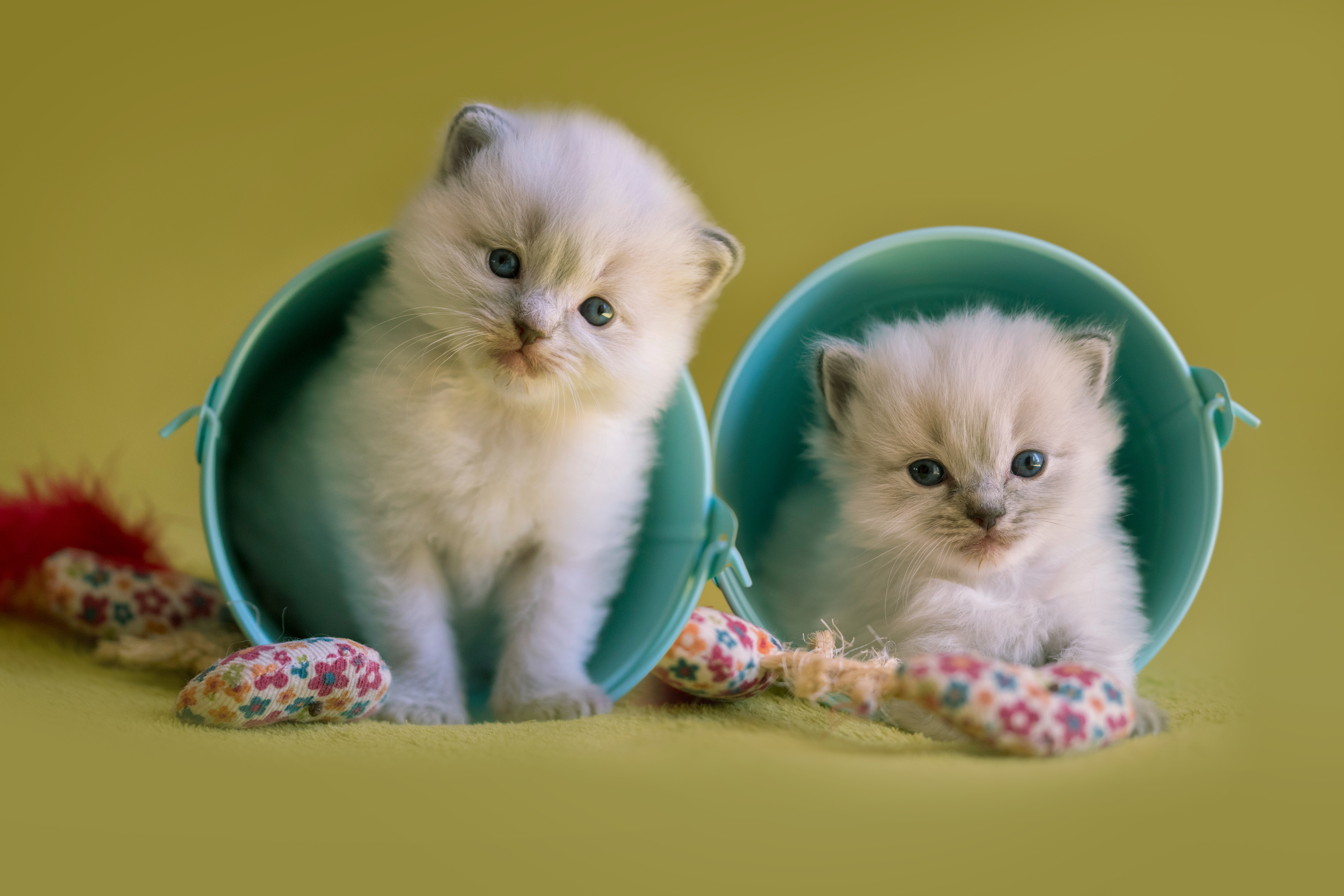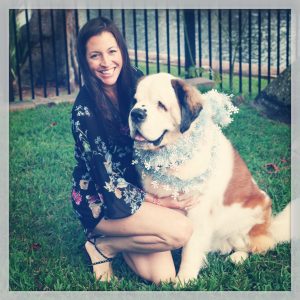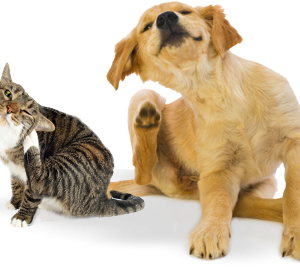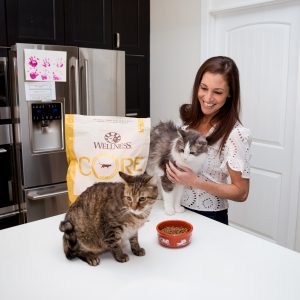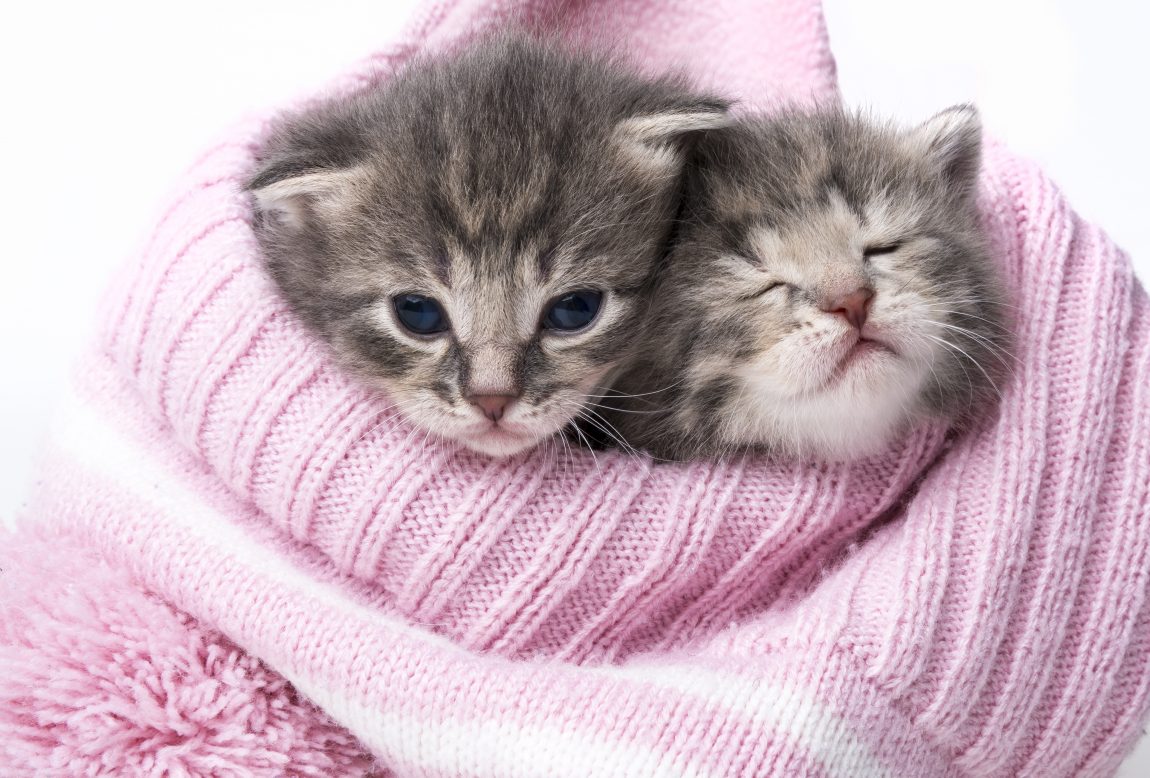
What Different Nutritional Needs Does My Kitten Have And When Do I Switch Over To Adult Food?
Nothing is more adorable, sweeter, or cuter than a kitten. One of my main motivating desires to become a veterinarian was so I could care for all the adorable kittens and puppies. I get so excited seeing kittens and puppies walk through the doors of my animal hospital. But with adorable and cute comes a lot of work and a ton of attention. A kitten has different nutritional needs than adult cats, so it is important to educate my new pet parents on kitten nutrition and when to transition to adult care. We want these little guys growing up to be big, strong, and healthy. Just like human babies, for a kitten to develop and grow properly, they need different kinds of foods at different stages of their lives. So let’s discuss the proper nutrition and diet for small kittens and get an idea of when we need to switch over to adult based nutrition and care.
What nutrients does my kitten need?
Kitten-hood is a playful, highly energetic time in a cat’s life. In addition to being more active than adults, they need more energy for growing and developing. Kittens have different nutrient requirements than adult cats do. In general kittens need the following:
- More calories, protein, and fat than adult cats;
- Increased need for omega fatty acid DHA, which is important for brain and vision development;
- Different vitamin and mineral needs for developing immune systems; and
- Optimal calcium to phosphorus ratios.
What is in my kitten’s food?
Kitten formulated diets are considered growth diets. They are formulated to be higher in energy density by having more fat content than adult food. I hear all the time from my pet parents that their adult cats seem to be gaining weight since they have introduced a kitten into their home. In most cases, the adult cats are eating the kitten’s food. Kitten food has more fat content for higher energy needs will cause weight gain for adult cats that require less energy and are more sedentary. In addition to higher fat content, kitten diets are formulated with more enhanced nutritional profiles, such as omega 3 fatty acids, and optimal calcium to phosphorus ratios for growing bones, and development.
When should I switch my kitten to adult food?
Kittens should be fed a growth formulated diet until they are at least 90% of their adult weight. In general kittens reach this milestone at about 10 to 12 months of age. The exception is for larger breed cats. Some larger breeds are recommended to be on growth diets for a longer period of time because they do not reach maturity until 18 months to 2 years of age. Always speak with your veterinarian regarding how long your kitten should be on a kitten diet.
How should I transition by kitten to adult food?
It is important to transition to adult food gradually. Your pet’s digestive system is home to billions of bacteria that keep their gastrointestinal tract healthy. These gastrointestinal-dwelling microbes (bacteria and yeasts) aid in the digestion of food, fight off potential pathogens, make nutrients and vitamins, and bolster the immune system. Unlike humans, pets eat the same diet every day and therefore develop gastrointestinal-dwelling microbes (bacteria and yeasts) to digest that specific diet. When the diet is abruptly changed, the gastrointestinal-dwelling microbes do not have time to adjust and digest the new food. This can result in severe gastrointestinal upset, with vomiting and diarrhea. To avoid this, I always recommend slowly transitioning your pet to their new food. The general guideline is to transition your kitten onto an adult diet over a 1 week time period as follows:
- Day 1 and 2, add ¼ of the new diet to ¾ of the old diet
- Day 3 and 4, add ½ of the new diet to ½ of the old diet
- Day 5 and 6, add ¾ of the new diet to ¼ of the old diet
- Day 7, transition to the new diet
As a small animal veterinarian, do you recommend any specific kitten or adult foods?
There are many different diets out there and it can be overwhelming to have to pick the “right one.” As a small animal veterinarian I recommend and trust Hills Science Diet, and Wellness.
Kitten Diets– Hill’s Science Diet Kitten Healthy Development Chicken Recipe Dry Cat Food, Wellness Complete Health Kitten Health Deboned Chicken, Chicken Meal & Rice Recipe Dry Cat Food
Adult Diets– Hill’s Science Diet Adult Indoor Cat Dry Cat Food, Wellness CORE Grain-Free Indoor Formula Dry Cat Food
Nutrition is an integral part of the development, growth and health of your pet. Placing your kitten on the most nutritious and appropriate diet from the start helps to ensure a lifetime of health and happiness. Nothing brings me more happiness and joy than seeing adorable, feisty, and playful babies. Enjoy this time and remember to take a lot of pictures. Before you know they will no longer fit in the palm of your hand. If you have any questions or concerns, you should always visit or call your veterinarian. They are your best resource to ensure the health and well-being of your pets.
